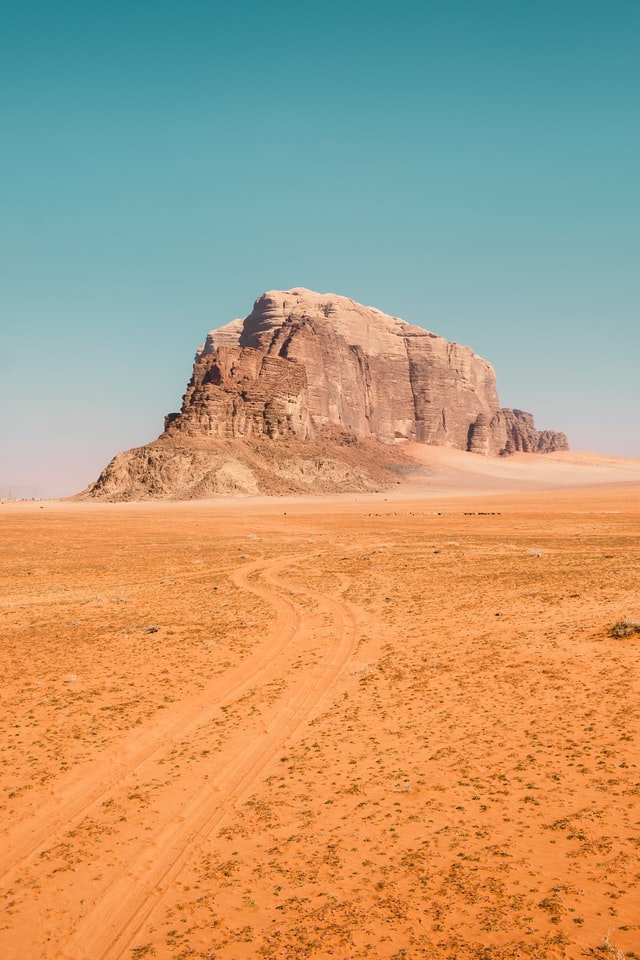Architecture can't ignore the realities of climate change. For time-tested solutions that perform under extreme conditions, designer Alyssa-Amor Gibbons says we should look to traditional buildings. Taking us to her home of Barbados, where the hurricane season is unforgiving and freak storms are becoming more frequent, Gibbons points to the brilliance of endemic designs that are built to work with nature -- rather than against it.
A lack of infrastructure in parts of Africa has made unregulated, gas-powered motorcycle taxis widespread -- a system that gets people where they need to be, but heavily pollutes the air and excludes drivers from the formal economy. TED Fellow and entrepreneur Adetayo Bamiduro offers his vision for a cleaner, more equitable future, where an electric motorcycle service helps green Africa's transportation and transform the lives and livelihoods of drivers.
The internet provides access to knowledge for billions across the world, but how accessible is it really? Website accessibility advocate Clive Loseby sheds light on why many parts of the web are closed off to those with disabilities -- and lays out some steps to make being online better for everyone.
Going to school in a refugee camp can be complicated: students encounter crowded classrooms, rigid curricula and limited access to teachers. Joel Baraka, who grew up in the Kyangwali refugee camp in Uganda, is determined to change that for the better. He shows how educational board games can be a fun and effective way to improve access to learning and help kids thrive in and out of school.
Are insects the key to brain-inspired computing? Neuroscientist Frances S. Chance thinks so. In this buzzy talk, she shares examples of the incredible capabilities of insects -- like the dragonfly's deadly accurate hunting skills and the African dung beetle's superstrength -- and shows how untangling the mysterious web of neurons in their tiny brains could lead to breakthroughs in computers, AI and more.
Millennials and Gen Z will inherit 30 trillion dollars of wealth in the coming decades, and what they do with their money will have an incredible impact on the future of the planet, says impact investor Miguel Goncalves. He makes a case for ESG investing -- or putting money in funds that weigh environmental and social factors -- and proposes a societal shift towards a more sustainable and equitable future, led by a forward-thinking next generation.
A little bit of playtime can have big benefits for a child's developing brain, like a superfood -- but adult participation is a crucial ingredient for best results. Early-education leader Jesse Ilhardt makes the case for you to put down the phone, pick up the make-believe tea cup (or that blanket-superhero cape) and take the time to experiment with imagination during kids' most formative learning years.
When he learned of the threat that rising sea levels posed to his coastal hometown of Miami, Florida, eco-artist Xavier Cortada founded a movement around beautifully designed elevation markers highlighting the risk of flood damage. The collaborative art project quickly mobilized action -- and excited some controversy. Watch as Cortada offers a creative vision of community organizing inspired by art that engages, educates and empowers.

